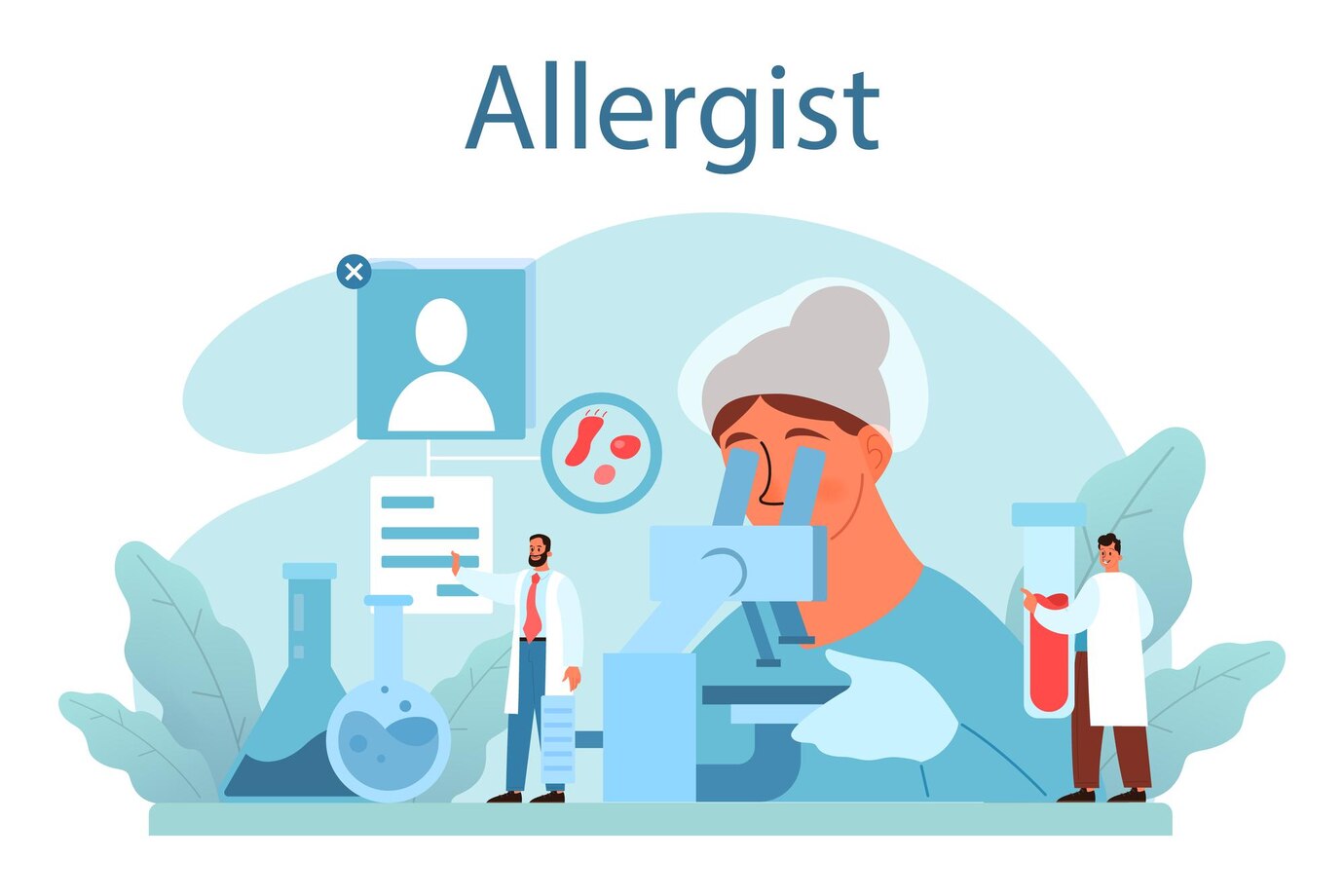
Allergy Testing: Understanding Triggers to Prevent Anaphylaxis
Introduction:
Allergy testing is a crucial step in identifying triggers that can lead to severe allergic reactions, including anaphylaxis. By pinpointing specific allergens, individuals can take proactive measures to avoid exposure and reduce the risk of anaphylactic episodes. Let’s explore the importance of allergy testing and how it can help prevent anaphylaxis.
What is Allergy Testing? Allergy testing is a process used to determine which substances, known as allergens, trigger allergic reactions in an individual’s body. There are various methods of allergy testing, including skin prick tests, blood tests, and oral food challenges. These tests help allergists identify allergens that may be causing symptoms such as hives, itching, swelling, wheezing, or anaphylaxis.
Identifying Triggers:
During allergy testing, allergists expose individuals to small amounts of potential allergens and monitor their body’s response. Common allergens tested for include foods (such as peanuts, tree nuts, shellfish, dairy, eggs, and wheat), environmental allergens (such as pollen, dust mites, mold, and pet dander), insect venoms (such as bee or wasp stings), and medications (such as antibiotics or NSAIDs).
Preventing Anaphylaxis:
Once allergens are identified through testing, individuals can take proactive steps to prevent anaphylaxis and manage their allergies effectively. These measures may include:
- Avoidance: Avoiding exposure to known allergens is the most effective way to prevent anaphylactic reactions. This may involve reading food labels carefully, using allergen-proof bedding, keeping windows closed during high pollen seasons, and carrying emergency medications (such as epinephrine auto-injectors) when necessary.
- Allergy Action Plan: Developing an allergy action plan with guidance from an allergist can help individuals and their caregivers know how to recognize and respond to allergic reactions promptly. This plan typically includes steps for avoiding triggers, administering medications, and seeking emergency medical care if needed.
buy cialis super force online https://overcomecovid.org/styles/css/cialis-super-force.html no prescription pharmacy
- Immunotherapy: For some individuals with allergies, allergen immunotherapy (such as allergy shots or sublingual immunotherapy) may be recommended to desensitize the immune system to specific allergens over time, reducing the severity of allergic reactions and the risk of anaphylaxis.
Conclusion:
Allergy testing plays a crucial role in identifying triggers that can lead to severe allergic reactions, including anaphylaxis. By undergoing allergy testing and working closely with allergists to develop personalized management plans, individuals can take proactive steps to prevent anaphylactic episodes and lead safer, healthier lives.
To seek medical advice, always consult a Doctor. Here are our recommended EXPERTS. Click here
To read more on SKIN. Click Here


